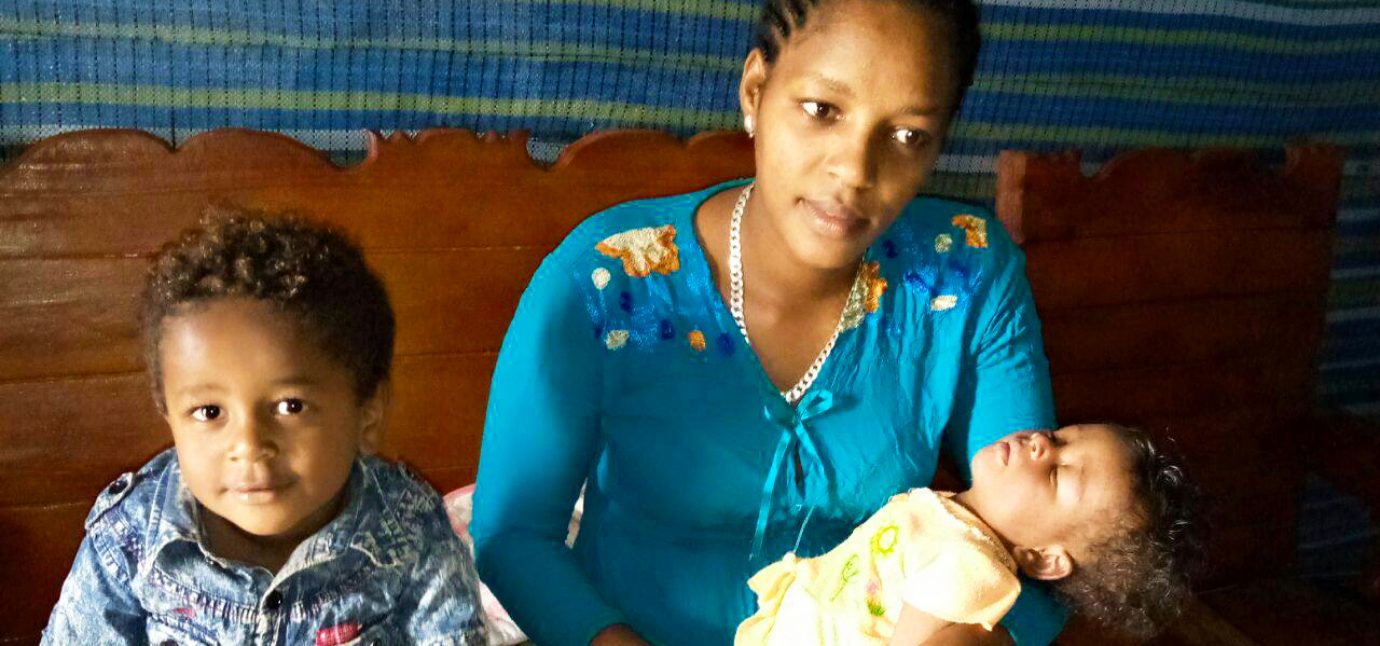Selamawit, a mother of two, lives with her husband in Mole Kebele, Ethiopia. Her youngest daughter, who is now a year and a few months old, started to cough around her first birthday. She lost her appetite and became very irritable. Selamawit therefore took her daughter to a nearby health center, where she was diagnosed with pulmonary tuberculosis.
The tuberculosis (TB) clinic at the health center prescribed the TB medication and screened both the parents and the oldest child for TB. Fortunately, those tests came back negative.
The Stop TB Partnership TB REACH Wave 7 project, which is being implemented by KNCV Tuberculosis Foundation, involves local Iddirs (self-organized women) in finding people who may have TB. To read more about the Iddirs, click here.
The Iddirs visited Selamawit’s family and informed them about the risks of TB and how it gets spread. The family’s awareness grew because of this visit, prompting Selamawit and her husband to say that the grandparents were close contacts. The baby stayed with the grandparents when Selamawit had work at home or had to go to the market. Both grandparents were tested and one of them was diagnosed with TB. The correct treatment was prescribed immediately.
Selamawit said that her 4-year-old son is very close with his grandparents, fearing he might also have TB. The female Iddirs and the staff at the health facility eased her mind, explaining that her oldest child’s screening was negative and that, as a precautionary measure, he was receiving preventive tuberculosis treatment. Selamawit gives him the preventive treatment daily.
Thanks to KNCV and the work of the Iddirs, Selamawit’s family has been spared a lot of suffering. Timely testing and proper treatment can cure TB and prevent more family members from becoming ill.

